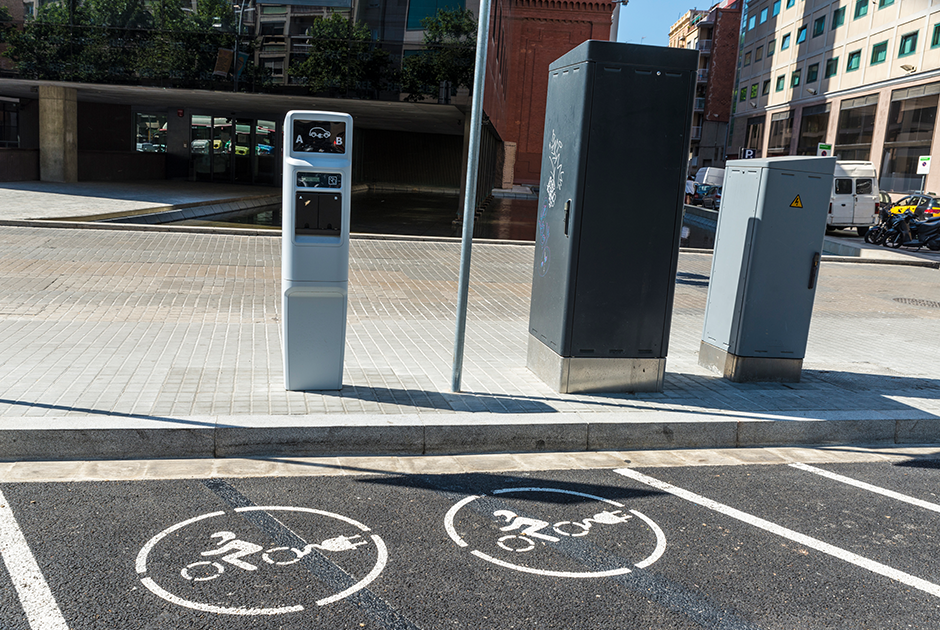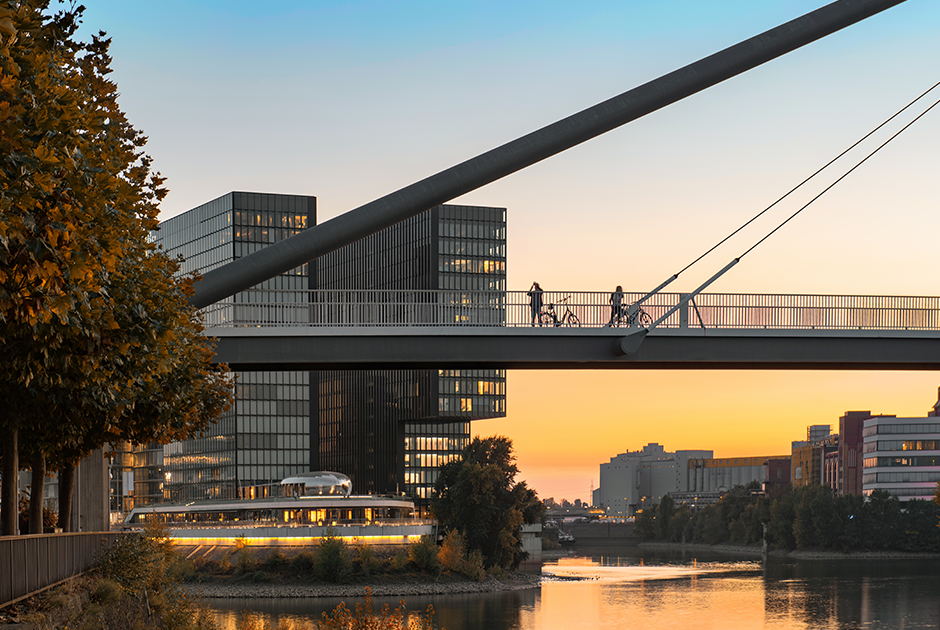Transport planners are keen on optimizing plans and projects. I can say we are great at tinkering with signal timings and converging strategic models. But we have also been limited in ambition, the result of this often being more investment in models and ultimately more roads. Perhaps we need to refocus our analytics towards transport strategies instead, balancing the objectives of sustainable development and making hard decisions easier.
The academics have been telling us optimization should be part of our decision-making toolkit for years (konsult.leeds.ac.uk). Professor Susan Owens at Cambridge lectures about the tough trade-offs transport and environment policymakers must make between the pillars of sustainable development. So how do we achieve net-zero whilst simultaneously levelling up?
Empowering transport planners
Many of us joined the transportation planning profession with the idea of making a difference. After the declaration of climate emergencies by many Transport Authorities, there’s been an amazing upswell in ambition and impact from local and regional authority officers across the country.

But one officer can’t move an industry by themselves. They need support – from the bottom-up, from the top-down, from partnerships, from people, from tools – a means to align their stakeholders towards urgent new goals.
Making data driven decisions
At Arcadis we’re passionate about supporting our clients through this journey. Here are our top tips for capital investment planning:
- Collaborate intensively with stakeholders to agree the vision, objectives and how to measure success
- Create a long list of potential interventions, with extensive inputs from all parties, and assess the relative impacts of each intervention against your success measures
- Adopt a data driven approach to prioritizing projects
- Show the impacts in KPIs across the portfolio and extensively test different scenarios, together with stakeholders, to move towards compromise
We have developed a solution for our clients to do just this. And it’s a proven tool. We’ve been using this with regulated water clients who had to prepare five-year capital investment plans. Their challenge was how to select the best combination of projects from a very long list, in order to maximize outcomes (e.g., sustainability, levelling up, customer satisfaction, OpEx etc.) within a set of constraints (e.g., budget). A classic optimization problem.

The successes were outstanding, for example helping Severn Trent Water secure >£200m in financial benefit, mainly from increased funding, during a 15-year partnership.
So, if it works so well with water clients, why not transportation planning?
Introducing the Transport Strategy Optimizer
We have repurposed our proven investment optimization tools into the new Transport Strategy Optimizer, a cloud-based decision-support software for our clients as they develop bold transport strategies.

How does it work? The user simply uploads a long list of projects, each with data on costs and other KPIs as per the framework agreed with stakeholders. The tool then applies research-based optimization to answer the question: What is the optimal Capital Investment Plan within our constraints and with our goals in mind?
Budget is an example of a constraint. Emissions reduction or levelling up deprived areas are examples of goals. The user can specify any combination of constraints and goals from their KPI framework. This allows for creation of new scenarios anytime, anywhere, and importantly together with stakeholders.
Does this mean removing the human touch from decision making? Absolutely not, no tool can ever replace the importance of local knowledge. It is a decision-support tool for officers, allowing them to run large numbers of scenarios, evaluate trade-offs, find the optimum balance between outcomes, and achieve greater stakeholder alignment by doing this interactively. In other words, facilitating collaboration and encouraging compromise whilst still optimizing outcomes.
This is one of the many ways Arcadis is supporting the impetus towards net-zero in Transportation Planning.





